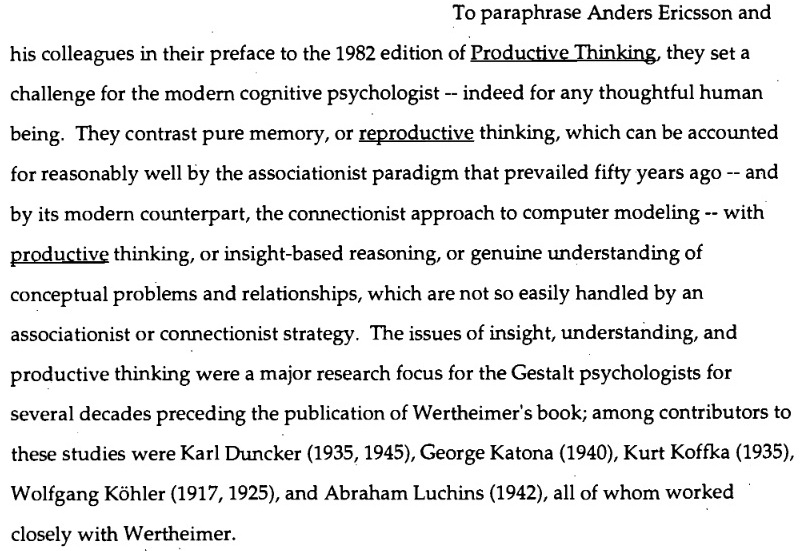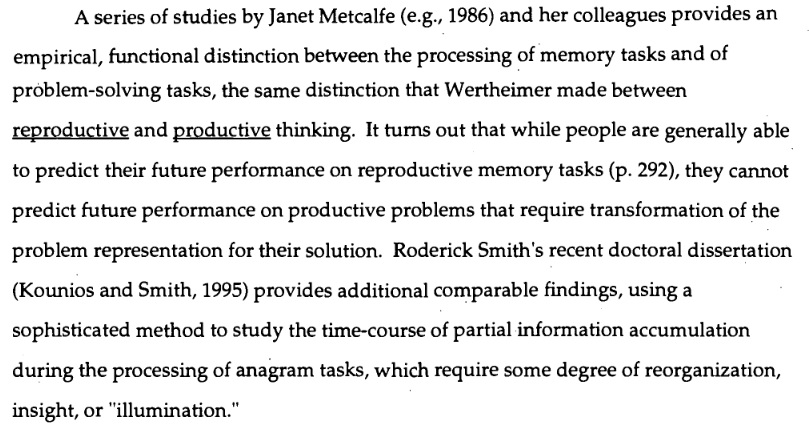As mathematicians and mathematics educators we very often see the Dunning-Kruger effect in action. Our calculus students are certain that they are masters of Calculus because they took the AP exam. To be fair, we ourselves are not immune: I often think I know something better than I do and end up choosing a more ambitious research project than I should.
A way to combat this effect in research is to check whether you can lecture clearly on a topic without preparation and fill in all of the details. In fact, an excellent research colleague of mine actually seems to write his papers this way: he lectures on his topic many times over and over again and then once he seems to have everything in his mind and can reproduce exactly how it all fits together he goes and writes the paper.
Of course it is possible to write mathematical papers without having everything about one's project on the tip of one's tongue, but the effort to do so may produce better work since the effort to compress and organize one's ideas in memory is reflected in the resulting writing. In fact, it is likely that such careful organization of one's ideas may lead to better and more surprising results, since having the entire framework of a problem or theory in mind allows the subconscious to have access to that data.
My question is the following: What does the mathematics education literature say about the effect of such memory effort on student performance in coursework? Does knowing the solution to a problem inside and out translate to better performance on other problems that are not obviously analogous?
Although this question seems a bit strange, I think it is very important to address. Implicitly, Inquiry-Based Learning Courses focus in depth on a few problems in order to encourage this sort of deep familiarity, whereas traditional instruction often requires working on many problems in order to build skill and identify analogy. Discovery methods, though, may be weak in providing the memory framework on which to hang one's discovered results. One might remediate this by requiring students in an Inquiry-Based Learning course to learn a "working knowledge outline" around which to think. Data should drive such decisions, though. Hence this question...
Also, graduate students studying for comprehensive exams often spread themselves too thin, I think, as a result of being too "expansive" with their efforts rather than instead learning some central arguments deeply. I'd like to know if there is evidence that this is a valid observation.
Edit: One may view the question as a subquestion of the following about a more general "theory" of mathematics education: If mathematics is about mathematical analogy, where a mathematical analogy requires the wholes to be analogous, the parts to be analogous and the way these fit together to be analogous (as discussed in Polya), then must the structures between which the analogy is drawn be committed to memory for their most effective comparison?

